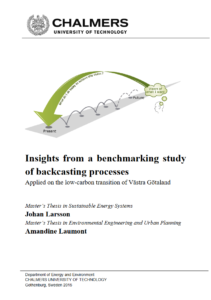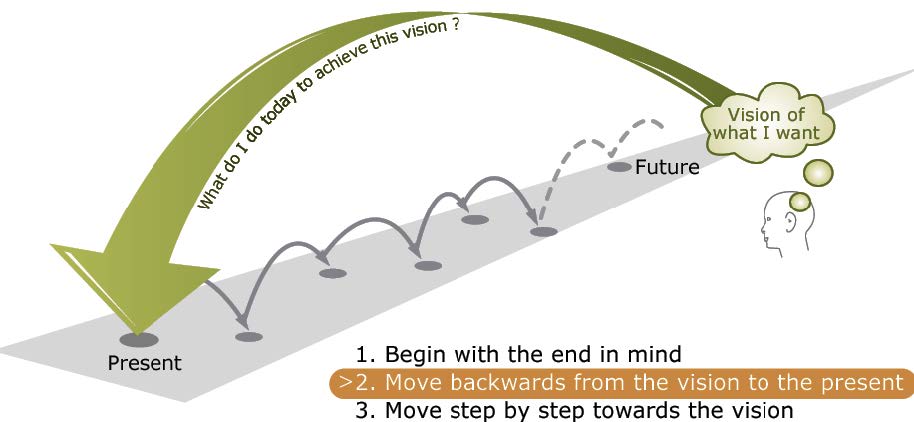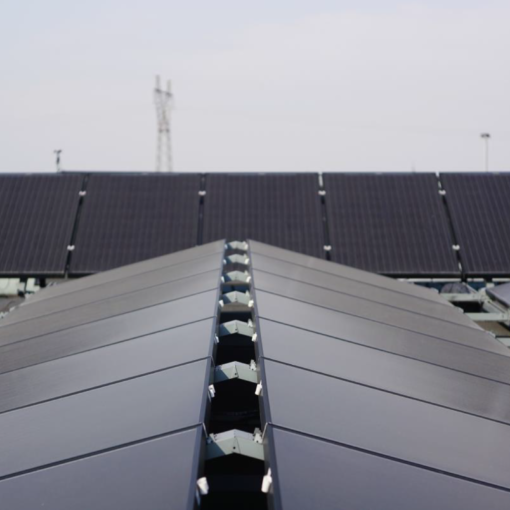© JOHAN LARSSON AND AMANDINE LAUMONT, 2015.

Increasing concerns are being raised about the symptoms of the present unsustainable trends linked to the systems we have built up to fulfill our needs. This calls for a transition in systems related to energy supply, mobility, agriculture, and consumption. In order to successfully contribute to this transition challenge criteria for urban sustainable development were set up. The criteria were then set in relation to the current situation to identify a local leverage point where the system could be intervened. In this leverage point a research project was defined to contribute to the low-carbon transition project conducted by The Regional Council Västra Götaland [VGR] with the purpose to by 2030 cut the dependence on fossil fuels within the region and by 2050 be fossil free.
This thesis benchmarked backcasting projects in Canada, The Netherlands and Sweden to identify enabling factors for backcasting projects to reach their full potential. Factors identified were categorized in eleven areas and combined with theories related to transition management. These were then applied on the current operations within the VGR-project with the objective to create an action-plan based on scenarios towards a fossil-independent region by 2030 by using backcasting.
The main findings indicate that the multi-stakeholder dialogue process would gain from a participatory backcasting framework, whereas the current VGR approach leans towards an Innovation Lab. To strengthen the long-term approach originating from the project the shared governance needs to integrate more perspectives to not only focus on environmental criteria and climate change. An important factor to support the long-term development of the transition project is to evaluate the process as well as realize follow-ups and monitor achievements of the action plan. Finally, the role of citizens in the process needs to be specified in order to reach the deliberation level wished for.





